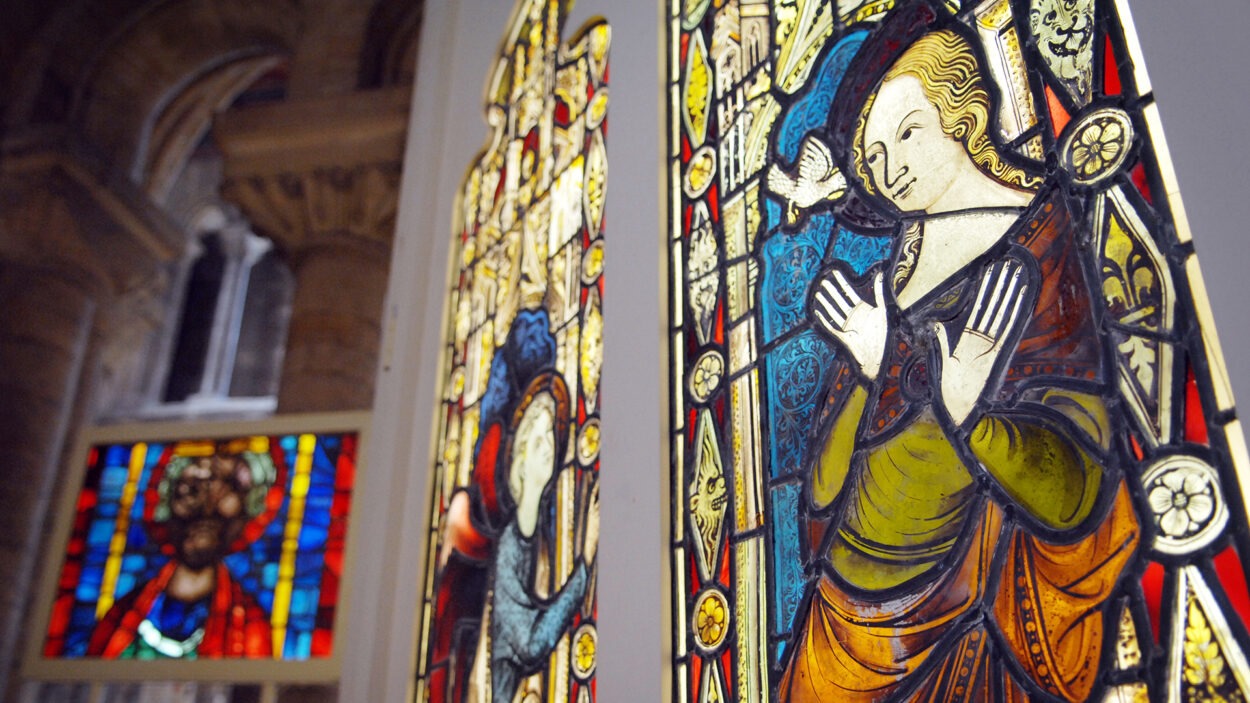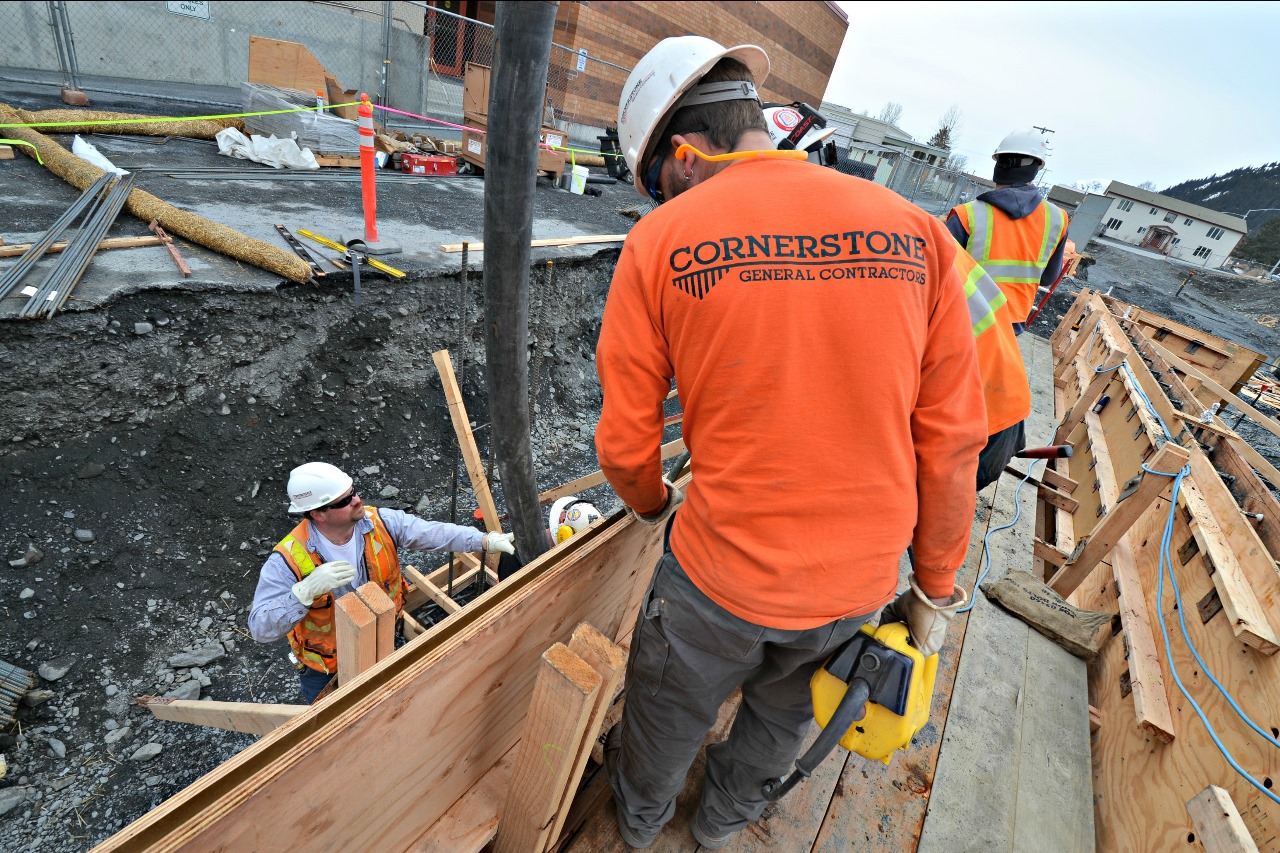Medieval stained glass is more than just an art form—it’s a window into centuries of history, craftsmanship, and cultural heritage. Whether you own a single medieval panel or an entire collection, finding the right Stained glass buyer is crucial to ensuring your treasures are appreciated, preserved, and fairly valued. This guide will walk you through the essential considerations when choosing the perfect stained glass buyer for medieval pieces.
Understanding the Value of Medieval Stained Glass
Medieval stained glass carries a unique value due to its age, artistry, and historical significance. These windows often depict biblical scenes, heraldic emblems, or intricate patterns that reflect the culture of their time. A professional stained glass buyer will not only assess the material value but also the historical context and rarity of the piece.
Why Medieval Pieces Require Special Expertise
Unlike modern reproductions, medieval stained glass often features unique glass compositions, leadwork, and pigment techniques that are no longer in use. A knowledgeable stained glass buyer will be able to recognize these distinctions and determine authenticity through careful examination.
Key Qualities to Look for in a Stained Glass Buyer
Selecting the right stained glass buyer involves more than just finding someone willing to make an offer. You need a professional with the right skills, network, and reputation to handle such delicate artworks.
Proven Experience with Medieval Art
A trustworthy stained glass buyer should have documented experience working with medieval and antique glass. This ensures they understand both the artistic and cultural importance of your pieces.
Transparent Appraisal Process
A professional stained glass buyer will provide a detailed explanation of their valuation, including factors such as age, provenance, artistic style, and condition. Transparency is key to building trust.
Access to Specialist Markets
Medieval stained glass often appeals to museums, churches, collectors, and historians. The right stained glass buyer will have direct connections in these markets, maximizing your selling potential.
How to Verify a Stained Glass Buyer’s Credentials
When dealing with rare medieval pieces, due diligence is essential.
Check Professional Affiliations
Reputable stained glass buyers may be members of professional organizations related to antique art or stained glass preservation. Membership often indicates adherence to ethical standards.
Review Past Sales and Client Feedback
Look for case studies, client testimonials, or auction results that demonstrate the stained glass buyer’s track record with similar medieval works.
The Evaluation Process for Medieval Stained Glass
A seasoned stained glass buyer will follow a structured evaluation process to determine value.
Physical Inspection
This includes examining glass texture, paint application, and lead cames for signs of authenticity and age.
Provenance Research
A stained glass buyer will investigate historical records, previous ownership, and any associated documentation to establish the piece’s origin.
Condition Assessment
Restoration needs, weathering, and missing sections all impact value. A good stained glass buyer will balance authenticity with preservation needs.
Negotiating with a Stained Glass Buyer
Once your medieval stained glass has been appraised, you can move into the negotiation stage.
Understand the Market Value
A knowledgeable stained glass buyer will base their offer on market trends, recent sales, and rarity. Familiarizing yourself with these factors helps you negotiate from a position of strength.
Be Clear About Your Goals
Whether you want a quick sale, maximum profit, or placement in a museum, communicate your priorities clearly to the stained glass buyer.
Benefits of Choosing the Right Stained Glass Buyer
When you select the right professional, you gain more than just a fair price.
- Preservation of History – The best stained glass buyer will ensure the piece is handled and stored correctly.
- Access to High-Value Markets – A reputable buyer has direct connections to specialized collectors.
- Peace of Mind – Knowing your medieval stained glass is in good hands adds emotional value to the sale.
Common Mistakes to Avoid
- Selling to a general antique dealer without stained glass expertise.
- Accepting the first offer without research.
- Neglecting to verify the stained glass buyer’s background.
Conclusion
Choosing the right stained glass buyer for medieval pieces is a decision that requires careful research, trust, and an understanding of the art’s cultural value. By focusing on experience, transparency, and access to the right markets, you can ensure your stained glass finds a buyer who will honor its history while offering you a fair return. Whether you aim to sell to a museum, a private collector, or a heritage organization, the right stained glass buyer will bridge the gap between your treasured piece and its next custodian, ensuring its legacy endures for generations.


